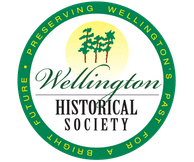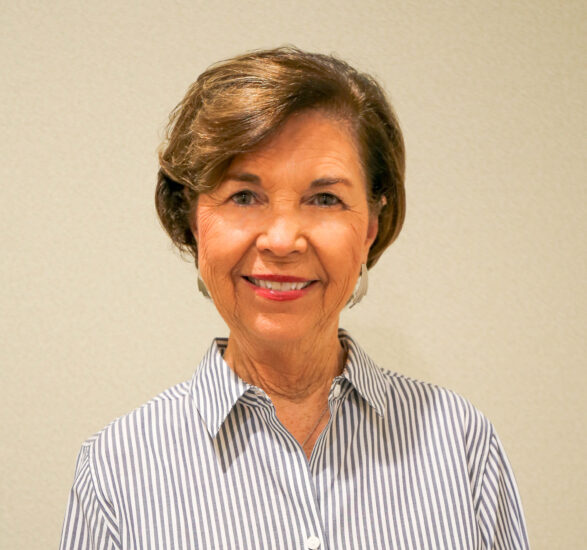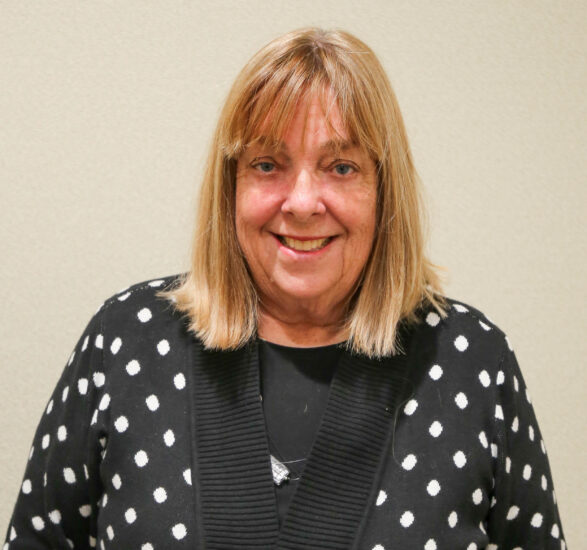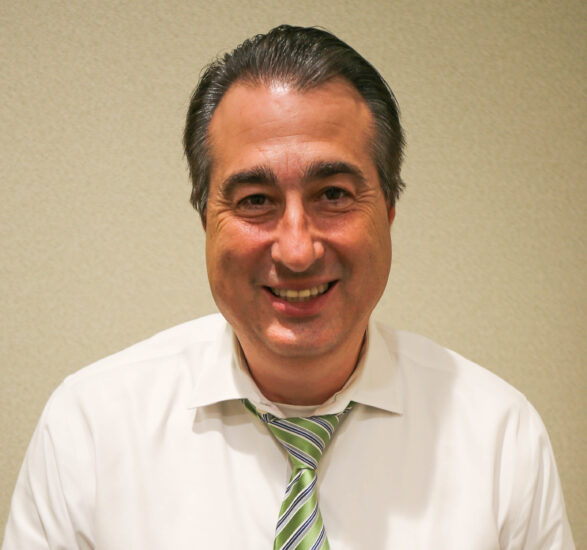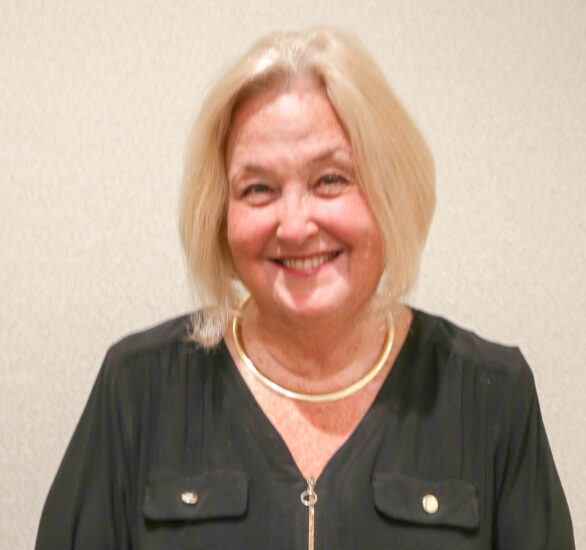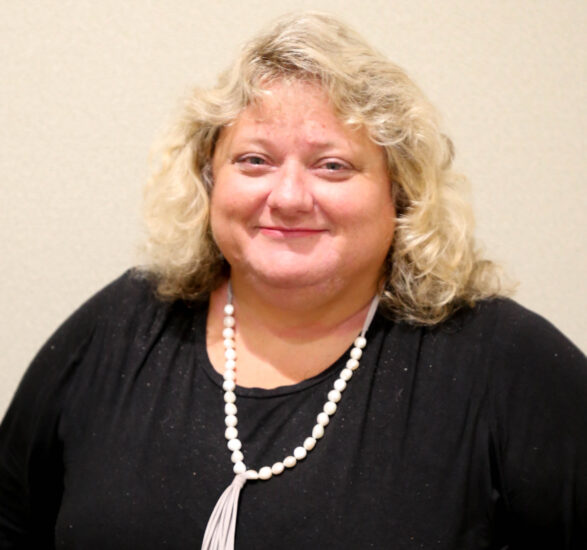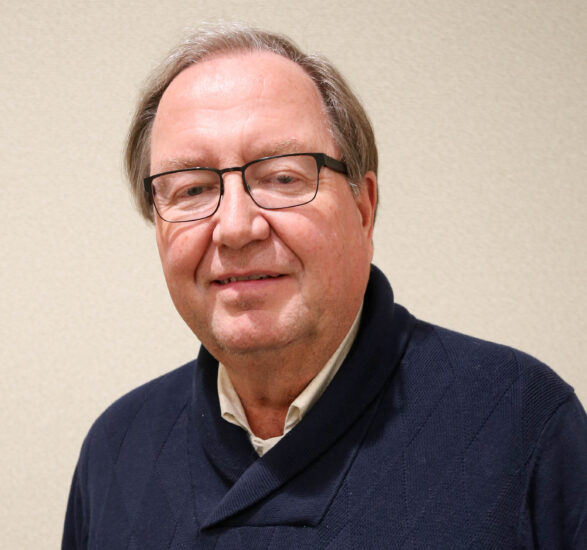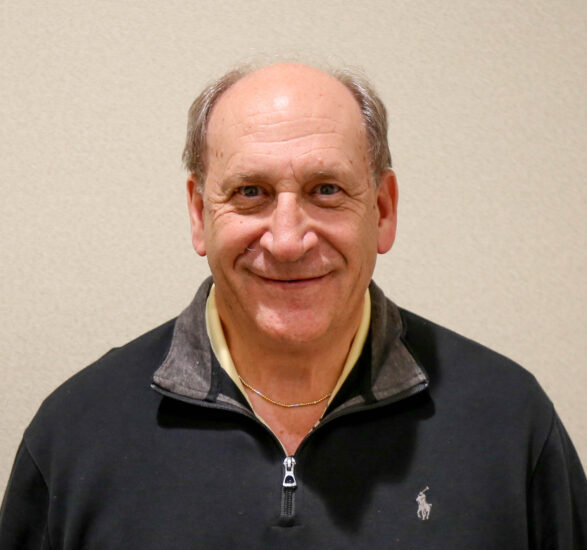About Wellington Historical Society
- Home
- / About Wellington Historical Society
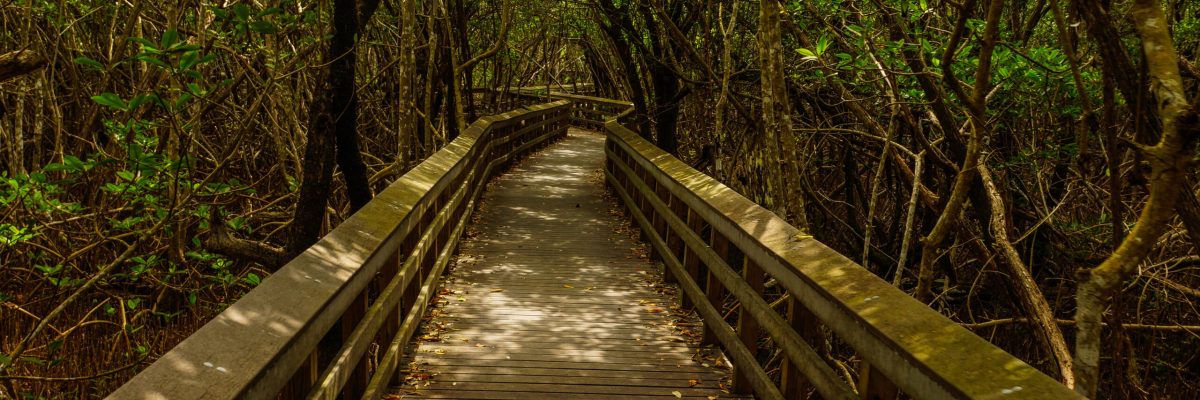


Wellington Historical Society
The Wellington Historical Society is a 501(c)(3) Organization and is Registered in the State of Florida (Ch54759). A Copy of the Official Registration and Financial Information May be Obtained from the Division of Consumer Services by Calling Toll-Free (800) 435-7352 Within The State or at: www.FloridaConsumerHelp.com. Registration Does Not Imply Endorsement, Approval or Recommendation by the State.

“I think it’s critically important to capture the history before we don’t have access to it anymore."

Our Board of Directors

Have Questions?
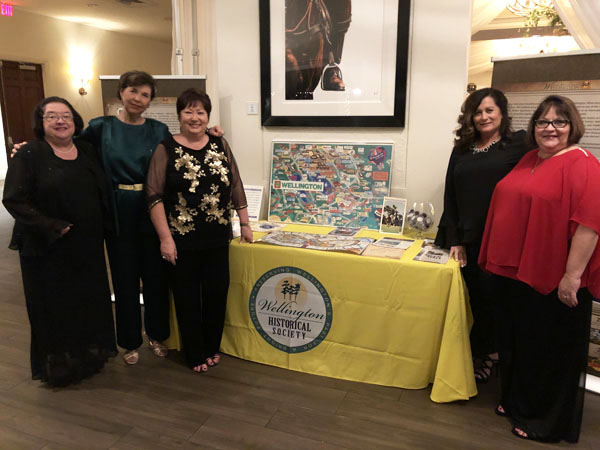
How do I become a member?
Please fill out a membership application for review
How much does membership cost?
Membership fees are listed on the membership application:
Student $10.00
Individual $35.00
Family (two members) $50.00
Institutional/Non-Profit $100.00
Corporate/Business $200.00
Membership fees vary, and are an annual commitment to the organization.
How do I pay for my Membership Application?
Go to: wellingtonhistoricalsociety.org/membership-payment/
Is my donation a tax write-off?
Yes.
“The Wellington Historical Society is a Florida not for profit corporation and has been approved by the Internal Revenue Service as a tax-exempt charitable organization. Your tax-deductible donation will allow for the collection and cataloging of artifacts and the development of educational programming to ensure that the rich and unique history of Wellington is available to the public for generations to come.”
How do I donate?
You can donate by visiting our donation link or contact us if wanting to donate an artifact of Wellington’s founding.
What Will My Donation Do?
Your donation will further our ability to archive the history of Wellington, as well as display the information found. Ultimately, we would like to have a physical and online exhibit that demonstrates the history of the Village of Wellington. If there are specific projects you are interested in supporting, please let us know and we will restrict your donation to that fund. Your tax-deductible donation will allow for the collection and cataloging of artifacts and the development of educational programming to ensure that the rich and unique history of Wellington is available to the public for generations to come.
The History of the Village of Wellington
In the 1950s, Charles Oliver Wellington, an accountant from Massachusetts, purchased about 18,000 acres (73 km2) of central Palm Beach County swampland located south of Florida State Road 80 (locally known as Southern Boulevard) and west of U.S. Route 441. Wellington named the property Flying Cow Ranch, due to his other occupation as an aviator and his initials spelling the word "cow". The ranch became protected against floodwaters from the Everglades after the United States Army Corps of Engineers constructed a levee to south of the property between 1952 and 1953. Following his death in 1959, his son Roger inherited the property. The family sold 1,200 acres (4.9 km2) at $300 per acre to Arthur William "Bink" Glisson, Charles' agent. Glisson sold the land for $1,000 per acre within the following several months. Many other farmers began purchasing or leasing portions of the Flying Cow Ranch in the 1960s. About 2,000 acres (8.1 km2) were used for growing strawberries at one point, which was claimed to be the largest strawberry patch in the world.
After Roger Wellington sold 7,200 acres (29 km2) of land to developer Jim Nall of Fort Lauderdale in 1972, the Palm Beach County Board of Commissioners unanimously approved a proposal by the Acme Drainage District for the area to become a planned unit development. Among the first projects included the development of 150-acre (0.61 km2) Lake Wellington and the construction of a golf course, a country club, and residential neighborhoods. Following acquisition of the project in the late 1970s by Gould Florida Inc., the company built the International Polo Club Palm Beach and the Aero Club, a neighborhood with a private airpark. The area's first official population count occurred during the 1980 Census, when Wellington was defined as a Census-designated place. A total of 4,622 people lived there at the time. Wellington functioned as a sprawling bedroom community with few shopping centers or restaurants until the 1990s.
A vote for incorporation of the village of Wellington was held on November 7, 1995, with 3,851 votes in support and 3,713 votes in opposition, a margin of just 138 votes. Wellington officially became a village on December 31, 1995, as a state revenue sharing program required it to exist in 1995 in order to be eligible for funding in 1996. The village became Palm Beach County's 38th municipality and the ninth most populous city in the county at the time, with approximately 28,000 residents. The first village council elections were held on March 12, 1996. None of the candidates for any of the five seats secured a majority of the votes, forcing runoffs to be held on March 26. The first elected village council members were Paul Adams, Michael McDonough, Tom Wenham, Carmine Priore, and Kathy Foster. Two days later, the council held its first meeting and selected Foster for mayor, Priore for vice mayor, and Colin Baenziger for village manager.
It has now become known as an international center for equestrian sports. The history of the equestrian industry in Wellington began when Polo arrived in 1977 when Gould and its chairman William "Bill" Ylvisaker acquired the undeveloped parcels of the Wellington Planned Unit of Development (PUD). Within a decade, Wellington became an international equestrian destination hosting the coveted Polo World Cup. Wellington soon attracted other disciplines and became home to the Winter Equestrian Festival and the Olympic Jumping Team Qualifying Trials. Today, there are more than 580 farms serving a variety of equestrian discipline including polo, dressage, hunter/jumper and recreational riders.
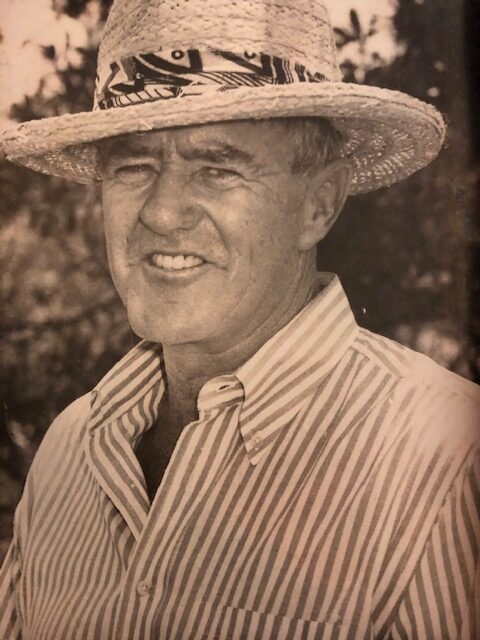
Remembering Denis Quinlan
The Wellington Historical Society is deeply saddened by the news of the great Denis Quinlan’s passing on September 20, 2020.
Denis was born in Limerick, Ireland on October 18, 1932. He is survived by his loving wife Sandi, his three children and seven grandchildren. He will be mourned not only by his family but by the great many friends he amassed during his lifetime.
Denis was part of the original team working to establish Wellington from its origins in 1972. Denis had a hand in building Wellington long after he no longer worked for the developer. Through his company, Tara Management, Inc. He was responsible for some of Wellington’s beautiful equestrian facilities, including one of Wellington’s most iconic equestrian estates, Mida Farm.
We are forever grateful to Denis, who also was one of the founding board members of the Wellington Historical Society, and we send our love to his family.
As Denis was an integral part of the Village of Wellington, his memory will be preserved in the legacy that he created through his designs, development, and connections.
